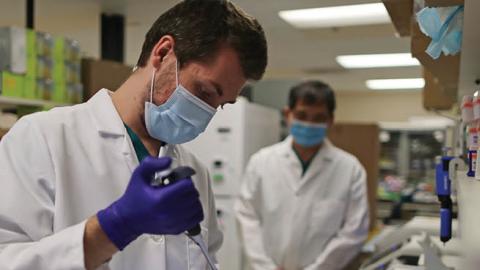Given the historically unprecedented speed with which the US pharmaceutical industry has developed COVID-19 vaccines—3 of the 4 first products likely to be approved for marketing are almost certainly from US firms—it would seem appropriate for a renewed sense of confidence, support and even acclaim for the economic model that lies behind this success. Instead, the sector remains under pressure to lower prices and protections for its patented products, both in the United States and globally. It is worth noting that the entire world benefits from the new medical advances in treating the worst pandemic in at least 50 years. Instead, President Trump has continued to criticize the industry for its pricing model for newly developed drugs, while countries such as India, Pakistan, and Brazil call for breaching of the patent shield for the new vaccines (and recent treatments such as those for HIV and Hepatitis C), and developed countries in Europe, East Asia, as well as Canada, persist in questioning the medical value of the new medicines to their citizens.1
To add to the current uncertainty about US leadership, there is ever-increasing competition from China in terms of basic science and pharmaceutical products. The Chinese national goal of self-sufficiency in these two fields has resulted in a huge increase in research and development funding and purchases of leading biotechnology firms in the United States and Europe. At the same time, China’s global market share in generic drugs and active pharmaceutical ingredients (APIs) is steadily growing. Chinese government funding for research in these fields has grown by 20 percent annually since 2008.
The incoming Biden administration is calling for new pricing models and the use of compulsory licensing for some new products, especially those related to the new virus pandemics. Compulsory licensing allows a government to license entities other than the patent holder to produce and sell patented products without the patent holder’s permission.
If the economic and scientific model which promotes constant advances in medicines and new treatments is to survive, the current domestic ecosystem for research and development ought to be strengthened, instead of being undermined by reducing private sector incentives and weakening the protection of intellectual property (IP). Additionally, ways to address the problem with other countries enjoying a “free ride” at the expense of US consumers and public health systems, need to be considered.















